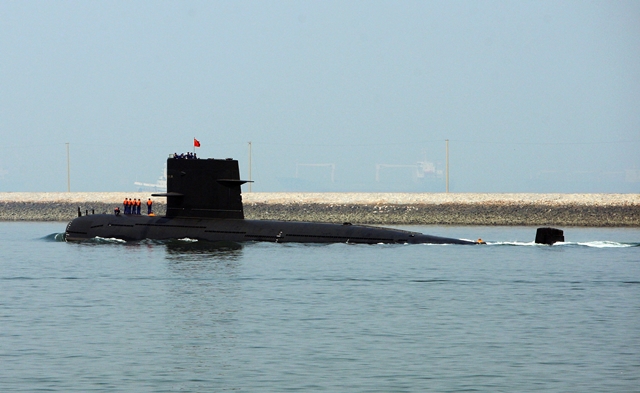America's Pivot to the Pacific: Selective Primacy, Operational Access, and China's A2/AD Challenge
Abstract
This paper assesses America's recent "pivot" or "rebalance" to the Asia-Pacific. It shows that Obama's pivot represents the beginnings of a strategic choice on "selective primacy" a grand strategy rooted in Washington's worrisome economic and fiscal situation and designed to shape America's global engagement at a time of fiscal austerity, in which primacy in one theatre will be achieved through greater selectivity of commitments elsewhere. As a result, the US military will increasingly prioritize the air and naval services within its force structure, which provides the broader context for more operational joint concepts like Air-Sea Battle. Lastly, while triggered by economic and fiscal exigencies, I will show that such a strategic shift is primarily directed at China's rise as a regional military power, with particular emphasis on its growing anti-access and area-denial (A2/AD) capabilities. The paper concludes with some thoughts on the future direction of Sino-American strategic competition.

